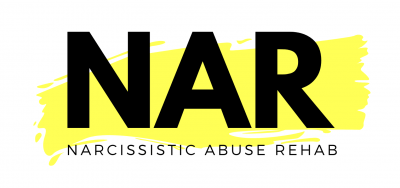Guest writer Alice Nicole shares her 5 picks of books that will help you heal from the trauma of narcissistic abuse.
Rick Patterson
Dr. Rick Patternson reveal some of the qualities predatory narcissists look for in a partner to greenlight their exploitative behavior.


